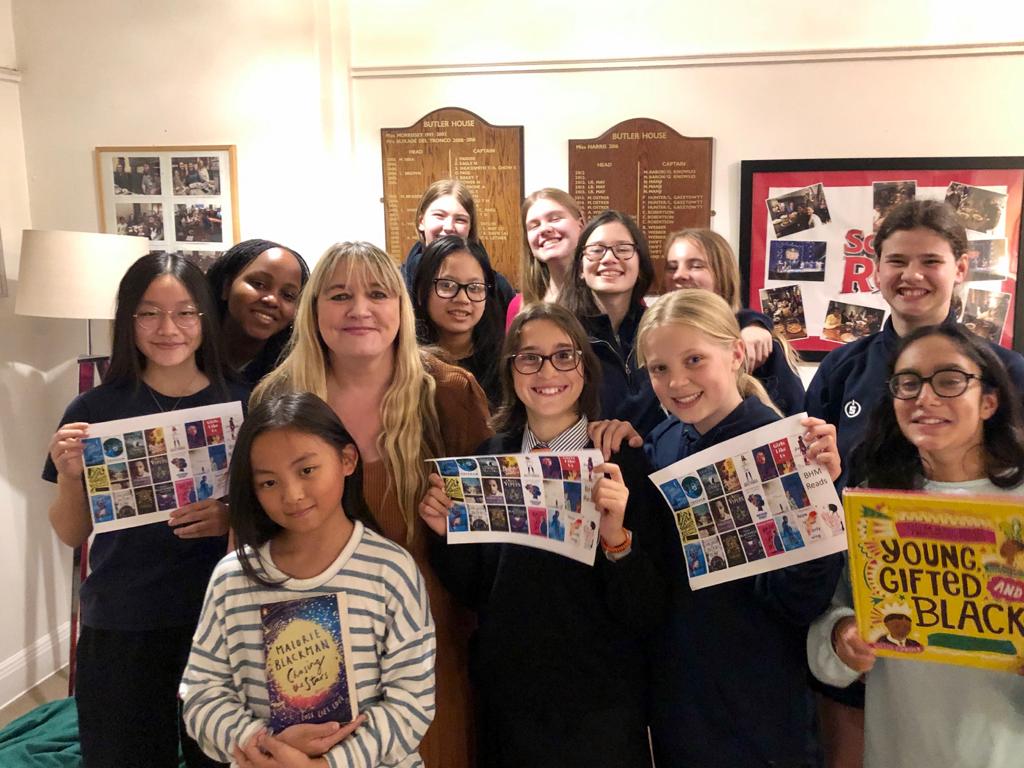Diversity and Inclusion
22 October 2020 - All
Wycombe Abbey is committed to creating a safe space for all and to make improvements within our community. The School is keen to improve diversity, promote awareness and acceptance, and to foster an inclusive culture where both staff and pupils learn to appreciate the differences between religions, cultures, and sexual orientation. We have created a Pupil Diversity and Inclusion Committee as we believe that our pupils should have their voices heard; especially when decisions are made concerning them. The committee will be hosting two Courageous Conversations in November: conversations where pupils and staff will be given the opportunity to speak up and express how they feel about the issues that are weighing them down.
We have had a busy first half term: 70 new books were added to the library, for example, ‘Black and British’ by David Olusoga; ‘Rainbow Milk’ by Paul Mendez; and ‘Orange Boy’ by Patrice Lawrence. In honour of Black History Month this October, both staff and pupils engaged in various online events and lectures. Tutors and Housemistresses led activities and discussions and academic departments created posters of heroes in their subject areas focussing on black and ethnic minority heroes.

The Upper V pupils participated in an Active Bystander workshop which focused on the 4 D’s; direct action; distraction; delegation and delay. In the next few weeks; departments will be completing an audit of their curriculum areas with particular focus on Key Stage 3; we will also be providing training to support staff to recognise unconscious bias and privilege and to equip them to be able to have effective conversations on issues of race, gender, sexual orientation and ethnicity and to promote diversity and inclusion throughout their practice
Growing up in apartheid South Africa, I learnt, post-apartheid, about the spirit of ‘Ubuntu’ – the spirit of togetherness, and how all of our actions have an impact on others and on society. ‘I am because we are’ refers to oneness in humanity. Nelson Mandela, an icon of freedom and an inspiring symbol of tolerance and humanity said that Ubuntu ‘is a way of life, it underpins the concept of an open society.’
I believe that diversity and inclusivity drive innovation; is more effective at problem-solving and celebrating different viewpoints, voices and experiences will make our community more effective.
Ms Avani Hurribunce
Lead Teacher: Diversity, and Inclusion